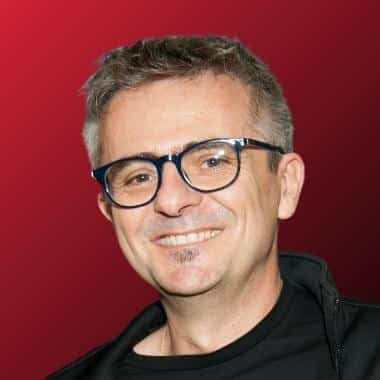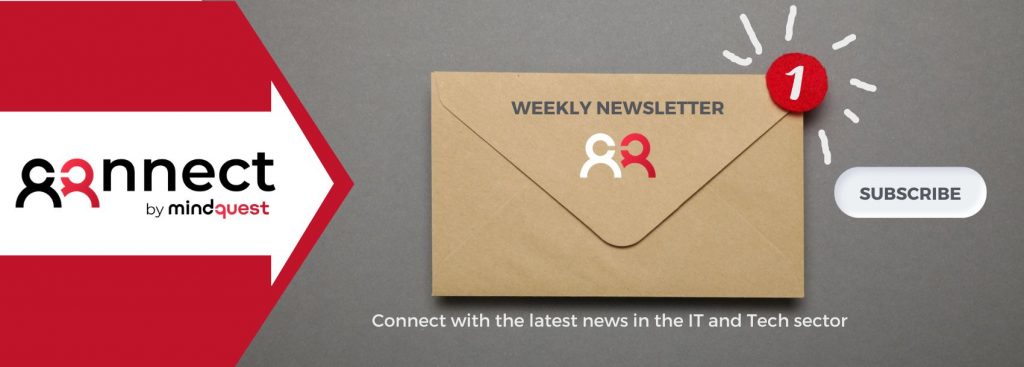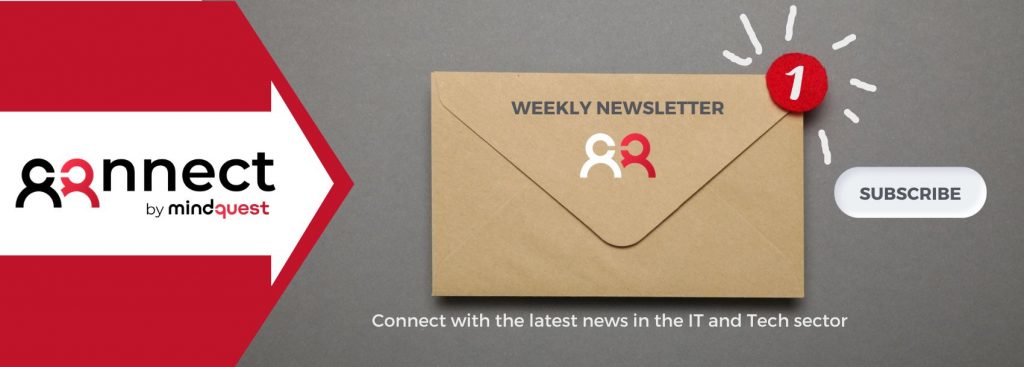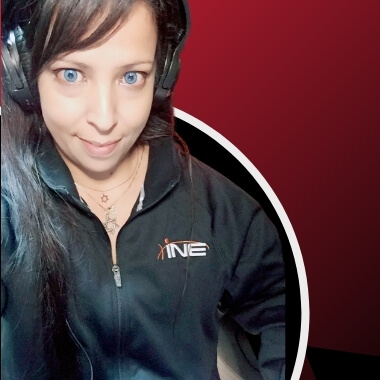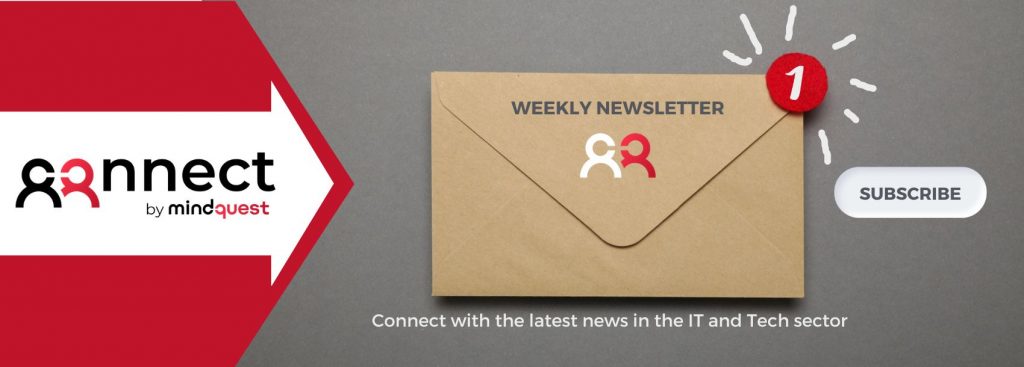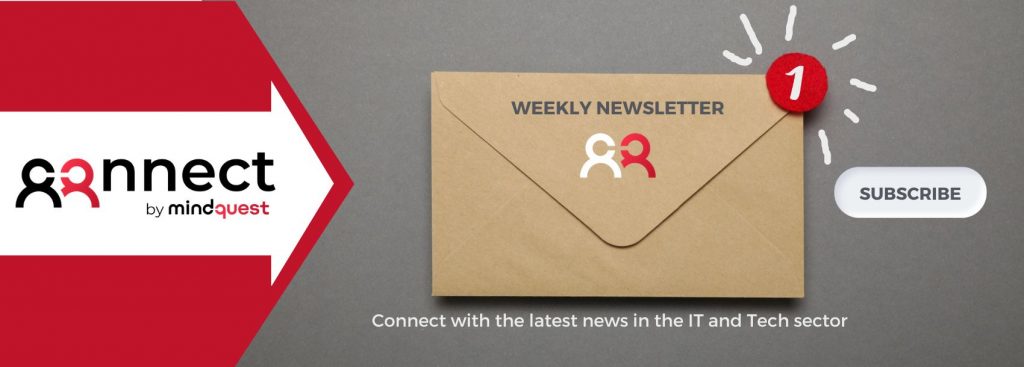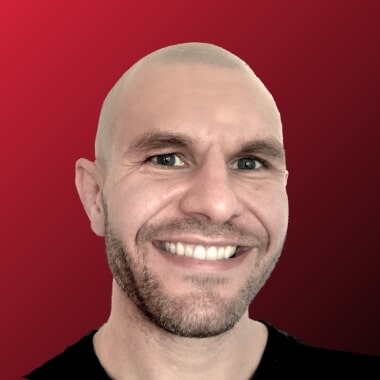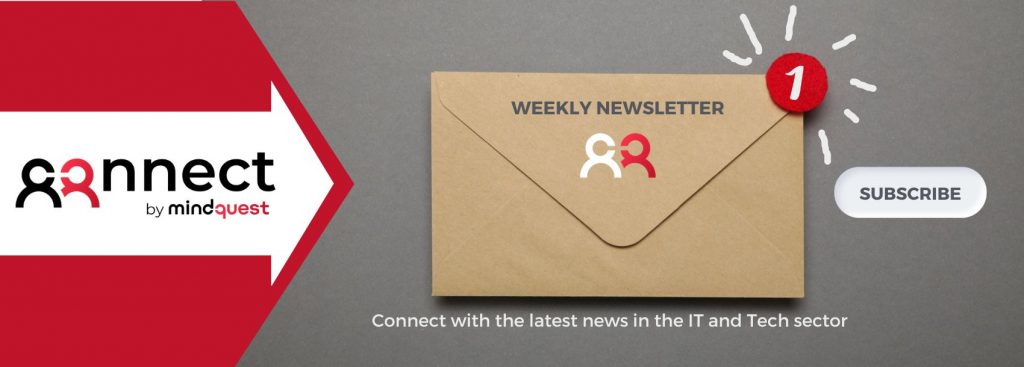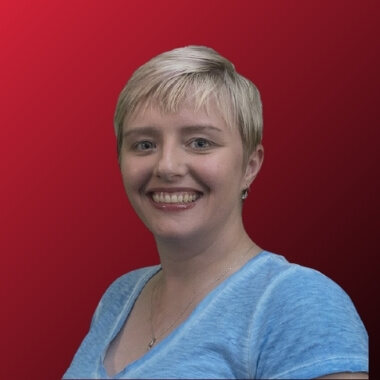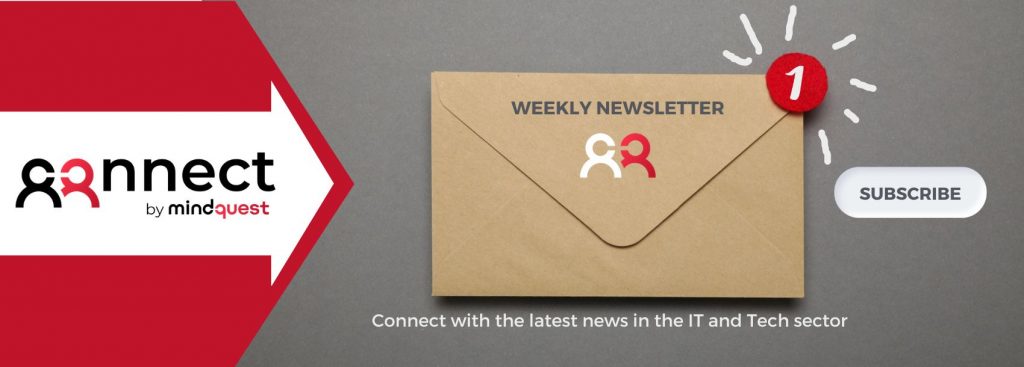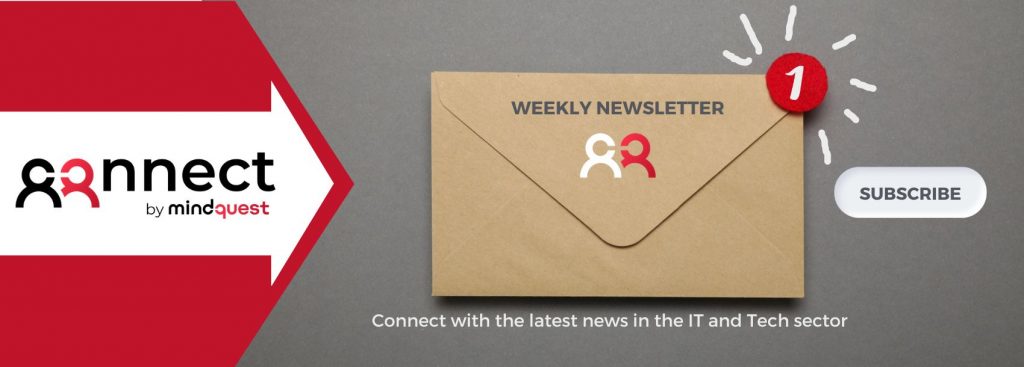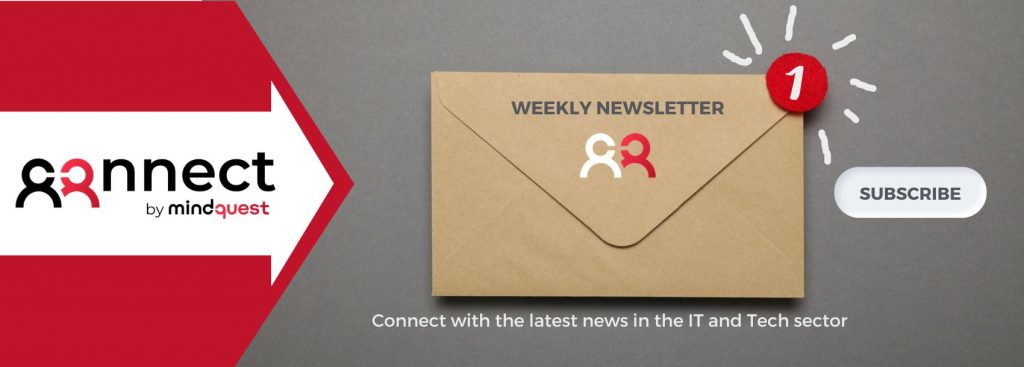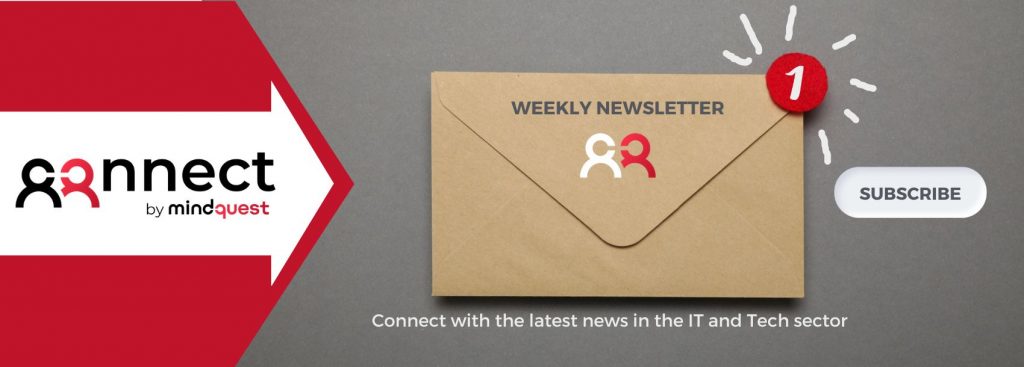Christoph Rumpel is a PHP developer and Laravel expert from Vienna who has his own development and consulting company and teaches others through Laravel Core Adventures and Mastering PhpStorm. He discusses how he got started with coding and his transition from employee to independent developer.
Interested in more coding tips? Discover how to learn Python.
How did you start coding?
I began coding 10 years ago when I was at university. I started university a little bit late because I was playing in a punk-rock band for around 10 years, and we tried to make that happen. We started when I was 14 and we played till I was 25 or something like that, and we really wanted to make this dream come true. But the music business is so hard, and it was very difficult.
After three albums and a lot of concerts in different countries, it was going quite well. But it wasn’t enough to say “okay, this is working out as we expected.” And then, 24, I thought “okay, what should I do next? Should I get a normal job, something similar to what other people have?
I had had contact with doing little websites for the band, making videos, recording a little bit. So, everything regarding multimedia was of interest to me. Then I started university doing something where you did all those things, but also where we had design and programming. And that’s when I started programming.
And yeah, right from the beginning, I thought “okay, this is really cool. You just have a text editor, you type something, you code something, and suddenly you can create something.” And it was this feeling which really got me right from the beginning. I switched my focus from audio and video recording to coding, and that’s when I really started coding and started using PHP. I think I’ve been using PHP for 19 years now, so quite some time.
Why did you decide to become a PHP developer in particular?
I chose to use PHP first because it was very easy for me to use. We also had Java at university and I struggled a lot with it, especially coming from a creative design perspective. Java wasn’t something that I enjoyed, right from the beginning.
PHP was pretty cool because it was very easy to start with and you had a lot of dynamic features already. And, yeah, those easy wins I think is what drove me to use PHP at the beginning. But it wasn’t like it was always fun.
After the first two years of PHP, I felt that I was evolving but I felt like “okay, it’s cool, but it feels like PHP is holding me back.” Especially back then, like 8-10 years ago, PHP was in a phase where you felt like it was getting old. It was maybe not maintained that well anymore. The sources available were not that good anymore.
It didn’t feel like professional coding to me at that time, so I thought about switching to something else like Ruby. I started with a little bit of Ruby for a few weeks or months, and I really enjoyed it. Everything is an object, it’s still simple, but also clean and more professional. And, I thought, “okay, I’ll stop with PHP and I’m going to be a Ruby developer now.”
And then what happened?
But then I got a new job and they were using PHP. And then I was back with PHP again and I’m like “oh my, okay, so I still have to work with PHP.” But it was like a turning point for PHP, I felt.
I think the release back then was something like 5.3. And I think they introduced namespaces and also closures, and then, suddenly, there was Composer. Suddenly, everything changed because now you had this way of getting packages, of getting code from others. You could also check out those repositories, see if there were tests done, how many people were working on it. Suddenly, you had this scale. It was like suddenly PHP is evolving again and there are a lot of things happening.
Also, It was back then when I started with the Laravel PHP framework. And Laravel at that point was using the latest features of PHP. It felt like PHP but also looked very different. I thought “okay, maybe I should give PHP another chance”. And yeah, I’m pretty happy that I did and don’t regret my decision at all.
Speaking of decisions – after some time being an employee, you decided to go off on your own and become an independent PHP developer. How was the transition?
The transition from being employed to having my own company was, of course, a big one. Everything changes from one moment to the other for me.
I was pretty happy at my last company. We had a really amazing team and amazing company. But I always had it in the back of my head that I wanted to try something on my own.
I also enjoy working alone quite much so you have to think about several things. Do you like working alone? Do you like doing your own taxes, your own finances?
These are things that definitely change a lot, and you switch from maybe coding 80% of the time to maybe only coding 50% of the time because the rest you have to be thinking about your company.
You have to get clients. And You have to talk to them. You have to go to meetings. Everything that is normally spread amongst all the employees, you have to do on your own, and you have to think about that a lot before being self-employed.
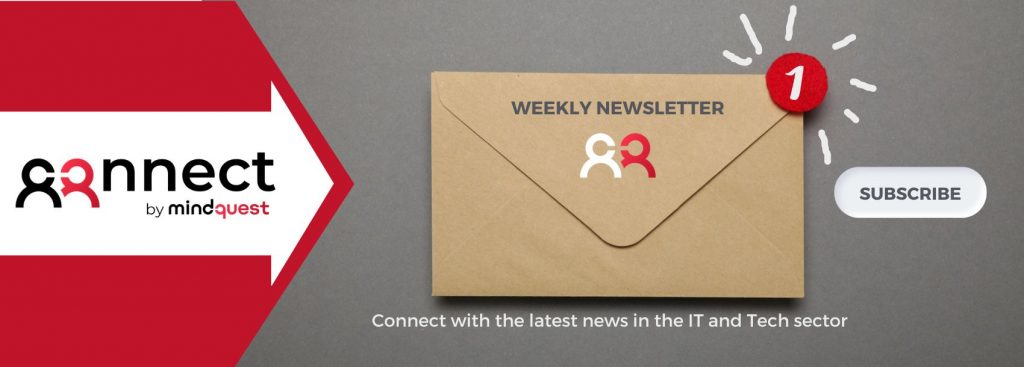
But for me, I was always the type of person who really wants to be part of every task at a company. So, if there is a design decision, I wanted to take part of it as much as possible. Why are we doing this? What is the benefit? I always ask myself that, and not every company wants you as a developer to be in everything because it could be difficult. I really like being part of all the tasks, and this is why it was a perfect fit for me.
Another thing you have to think about a lot is how you get clients, or what you want to do to make money. For me, currently, it is about doing freelancing. So I help other companies with coding, maybe just helping them out as a consultant. So, I can help them in very different ways. But I also have my own products, video courses. And these are the two different ways how I get my income.
What was particularly helpful during this transition?
The one thing helping me a lot while making the transition from having a company to being autonomous was that I was already quite active in the community. On Twitter, and I was also active at local meetups one or two years before I switched, etc.
I didn’t pay attention to it at the time, but by the time I decided to be autonomous, people were already coming up to me and saying, ‘Hey, I know you are autonomous now, could you help us with this or that?’” So, I didn’t have to ask anyone. People were already coming to me and asking me if I could help them with stuff.
I only realised later how helpful was for me to be out there. Sharing code on Twitter, on repositories or on GitHub, writing blog articles, etc. In everything you do, at some point people will notice you and may come back to you for help, and that was a great help.
It helped me get clients and projects. Especially the first year, when you want to have something so that you can make some money and that the transition is not too big.
What’s the best career advice you have ever been given?
It’s a very boring one. But it’s just true and it just has helped me so much. And that is going step by step with everything that you do. It sounds super boring but it has helped me so much in my career, with every project, with every goal that had in my life.
It feels super overwhelming at the beginning, it feels maybe even impossible. But if you break everything down into little steps, then you see a road down which you can go. You have those little wins with every step that you take and that will help you stay focused, stay motivated and keep going and going step by step.
It’s the one tip that was shared with me many years ago and that now I’m sharing with others because it has just helped me so much on my journey.
Read our article : Web developer: Job Description
For more tips from an expert PHP developer, courses, and Laravel tips make sure to follow Christoph on Twitter, LinkedIn, and through his website.

